As VP, Human Resources for the Software Business in Schneider Electric, Carmen today holds global responsibility for the business which has over 3000 employees worldwide. With over 20 years as a HR professional, Carmen is one who has had the rare privilege of also managing a Fortune 500 customer account in the region, in addition to her HR responsibilities.
Based now in Singapore, she offers her first hand insights into Talent Management across the globe and where she thinks the winds of change would be.
Looking at the talent landscapes in Europe, Asia, the Americas, how would you describe talent viewed from a global lens?
Global yet local. It depends on who’s looking at this. At Schneider, we have been moving talent over the world for several years now. There are those who choose to remain local because moving around is not everyone’s cup of tea. There are probably 20% who are willing to relocate, depending on their family situation and their career cycle. Those who are starting out could be more open to moving overseas to gain interesting experiences, but for others who are more settled, this comes with a lot more consideration.
Is talent a global thing? I would say yes because there are some skill sets that are sought after globally. These could be skills in software development, cloud services, cybersecurity or ability to develop the next generation of products and services to reshape entire industries.
At a regional level- tech is now very hot in California! There is a plethora of startups with strong funding from angel investors who are willing to put substantial capital to develop the next Big Thing. Cambridge, UK, is also a booming technology market and competing for talent too. Prior to the 2008 market crash, young talents were moving away from engineering to study finance and banking. Today, we are hiring more computer engineers and chemical engineers, so engineering will become attractive again. If you’re a strong project manager, you will have no fear for a job for the next couple of years.
Different countries are adopting different immigration policies in order to attract talent. Some are more liberal whereas mature economies tend to be more cautious as they need to find the balance between attracting capital investments and protecting their local citizens’ access to jobs.
Do you see differences in perspective for individuals residing in, say, the US versus those residing in Asia and their views of the world?
I do see the talents from Europe and US displaying higher risk taking and flexibility towards career opportunities. They are able to market themselves more effectively, even if they don’t come fully-equipped with the desired experience. If there are opportunities in Asia or elsewhere, they would be willing to go there.
Asians tend to be more cautious and less aggressive in selling their skills and experiences as the culture is more respectful of hierarchy and ‘humility’ is seen to be a highly valued attribute. ‘Marketing’ oneself too much, tends to be associated with self preservation and arrogance which are not encouraged in Asian societies. I don’t see many mid career Asians moving to the US/ Europe for expat assignments.
But I do see many Asians settling down in the US as a follow on from their university studies as the US continues to be a top destination for a prestigious Ivy League education. Today, many Asians, especially the PRC Chinese and Indians buy private properties in the US to prepare for their children’s future there. That will continue to gather momentum.
The millennial generation is definitely very open to overseas stints as part of their desire for interesting experiences. For example, they would be keen to go to London, New York or Paris, but to a lesser extent to India or Saudi Arabia, which are deemed to be more challenging from a living or environmental perspective.
Do you think economics is the push factor for people to relocate themselves?
Yes. In Latin America, some economies like Venezuela and Argentina are facing challenging conditions and as a result, some talent may move across to Chile for a lower cost of living.
Career growth is often a major motivator for global talent to move across geographical boundaries. In the next 10-15 years, we need to push harder for Singapore to be viewed as the preferred location of global HQs. If we want to be in the driver ‘s seat, we must develop more Singaporean talent across all key strategic sectors of the economy where we have a differentiated and distinct advantage.
What would you identify as the two things companies need to watch out for, in the talent landscape in 2015?
Business leaders looking to expand globally will find today’s talent landscape not an easy one to navigate. Your company would be tested in every way– in terms of your HR practices and your company brand’s attractiveness, in order to compete for top talent. Companies and leadership teams underestimate the internal change management needed. More often than not, they expect the talent to adapt to them and not the other way around. Top talents have many options and can determine their terms of hiring. Many traditional methods of attracting/compensating/developing talent need to be discarded and re-innovated. Companies need to embrace giving empowerment and responsibility to employees so that the potential of talent can be unleashed to focus on the matters that matter, to driving business innovation and transformation.
Secondly, In this increasingly digital economy, HR offerings will need to be highly customised to the individual’s needs to attract and incentivize them. With many companies facing transformational business imperatives the talent market will ‘force’ companies to provide meaningful career opportunities which will allow them to also fulfil their personal life choices and demands.





